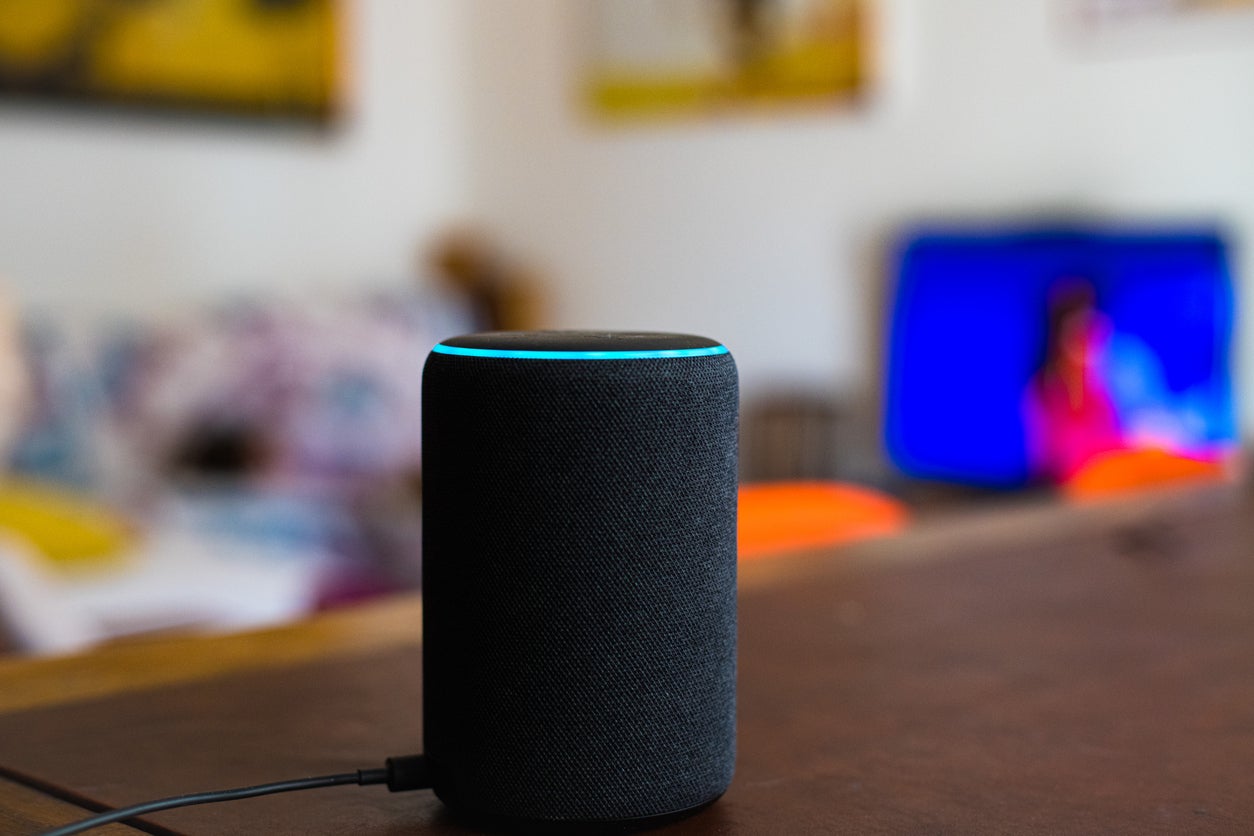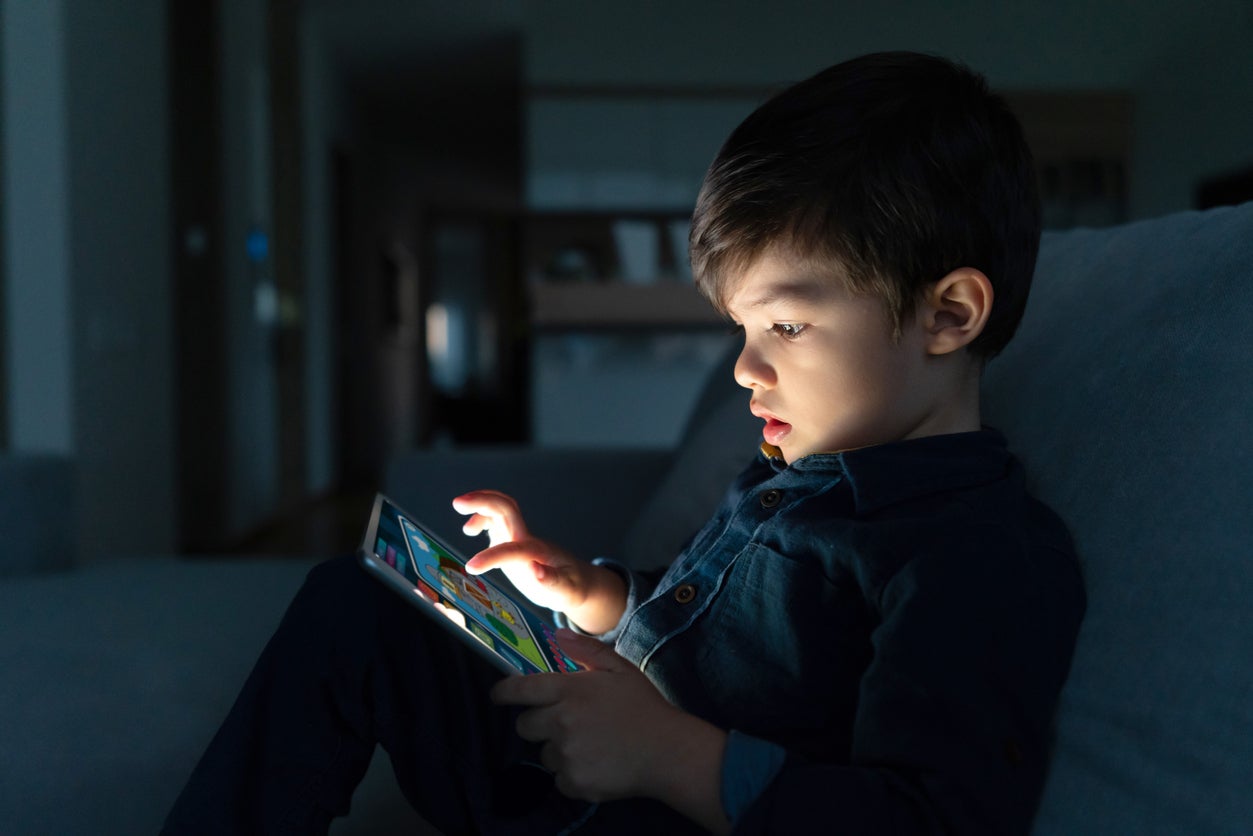Use of voice-controlled devices ‘might have long-term consequences for children’
Voice-controlled devices can impact children’s responses, social development and learning, reports Furvah Shah

Voice-controlled smart devices such as Google Home, Amazon Alexa and Apple’s Siri could have “long-term consequences on empathy, compassion and critical thinking” among children, according to a new study.
Researchers at the University of Cambridge say artificial intelligence with human-sounding voices has caused concern about how they may “negatively affect children’s development and social development”.
Experts are calling for more studies to examine the impact of such technology on children and young people.
Key causes for concern include how they impact the responses, social development and learning opportunities of children.
Ananya and Anmol Arora, researchers from Cambridge University, said some children “over-anthropomorphise digital devices”, meaning they attribute human characteristics and behaviours to the technology.

There is also no expectation for them to use polite language such as ‘please’ and ‘thank you’ or consider tone of voice during use, which could lead to poor social interactions.
However, they add that features such as the ‘magic word’ function on Alexa, which offers positive reinforcement when children say ‘please’ while asking questions to the device, are an “important step in the right direction”.
Regarding learning, the study’s authors say instant responses to questions asked to such devices could “hinder traditional processes by which children learn and absorb information”, but add that similar concerns arose when the internet and search engines grew in use.
“The rise of voice devices has provided great benefit to the population,” the study’s authors wrote.

“Their abilities to provide information rapidly, assist with daily activities and act as a social companion to lonely adults are both important and useful.
“However, urgent research is required into the long-term consequences for children interacting with such devices.
“Interacting with the devices at a crucial stage in social and emotional development might have long-term consequences on empathy, compassion and critical thinking.”
Dr Amy Orben, programme leader track scientist at MRC Cognition and Brain Sciences Unit, University of Cambridge, said: “Scientifically, little is known about the impact of voice assistants on children.
“The impacts of voice assistants are probably mixed and very dependent on how they are used by children.”






Join our commenting forum
Join thought-provoking conversations, follow other Independent readers and see their replies
0Comments